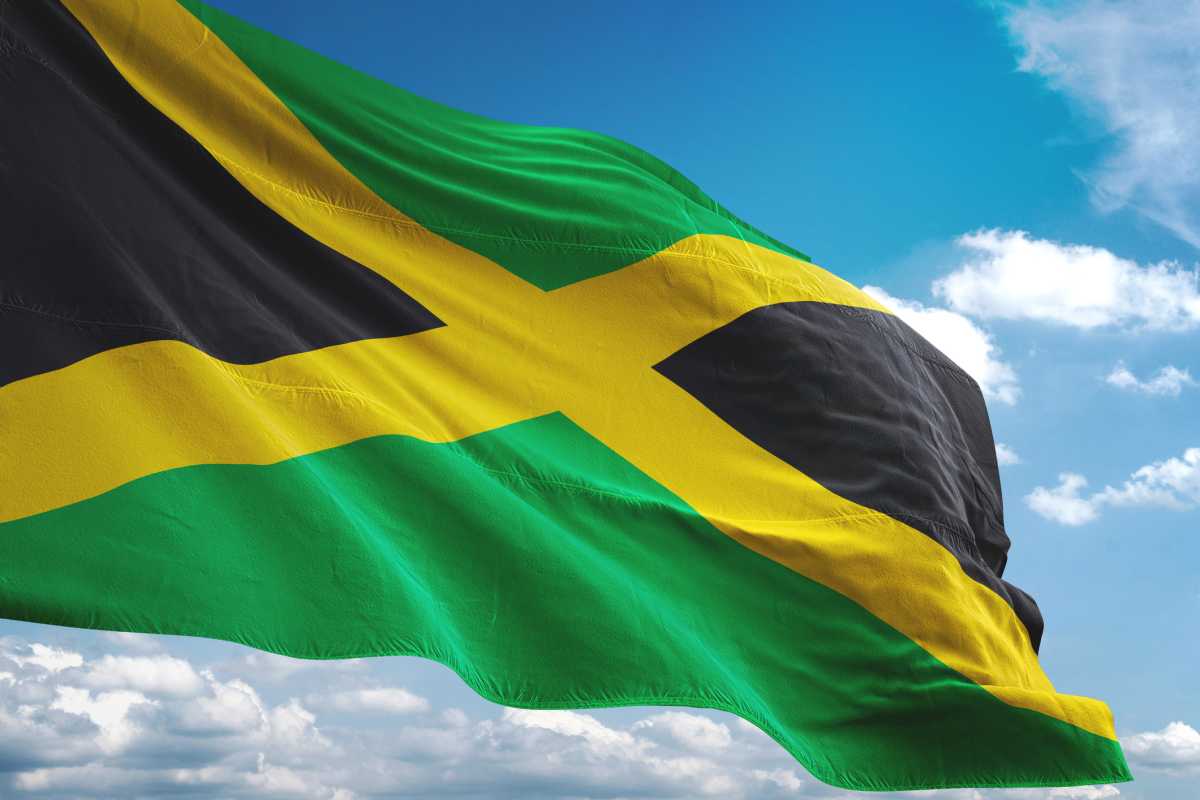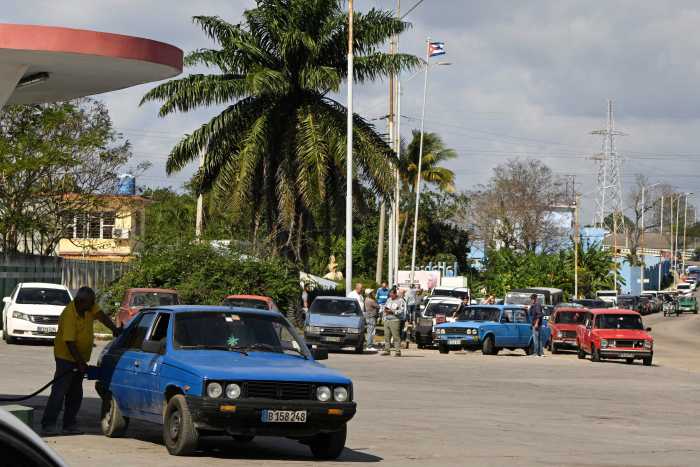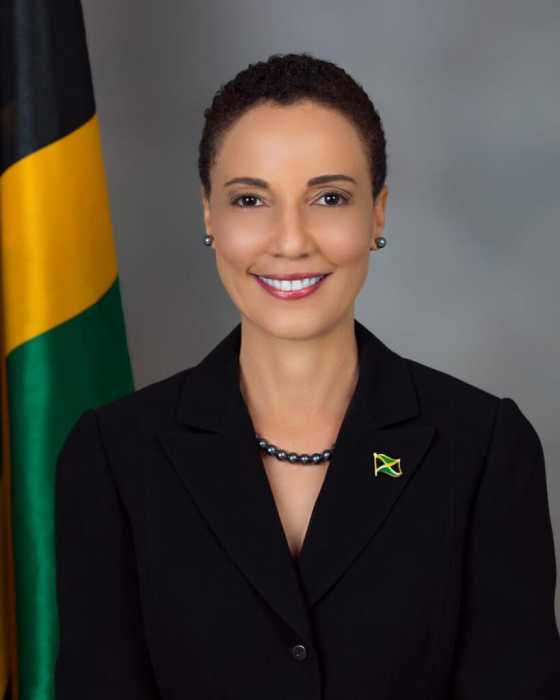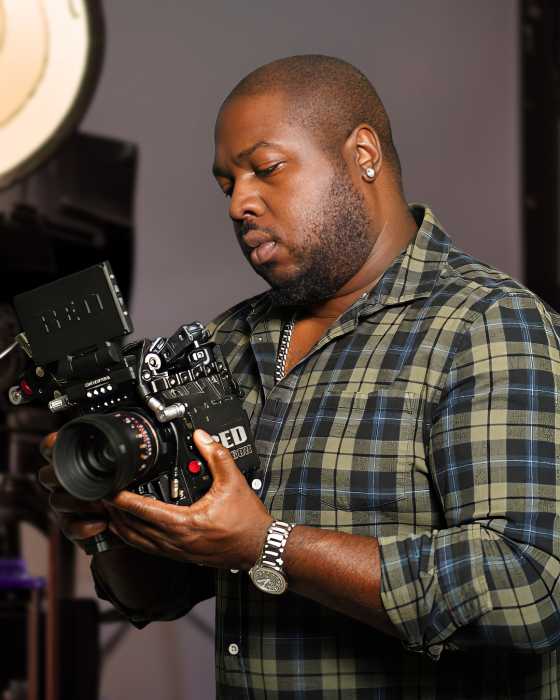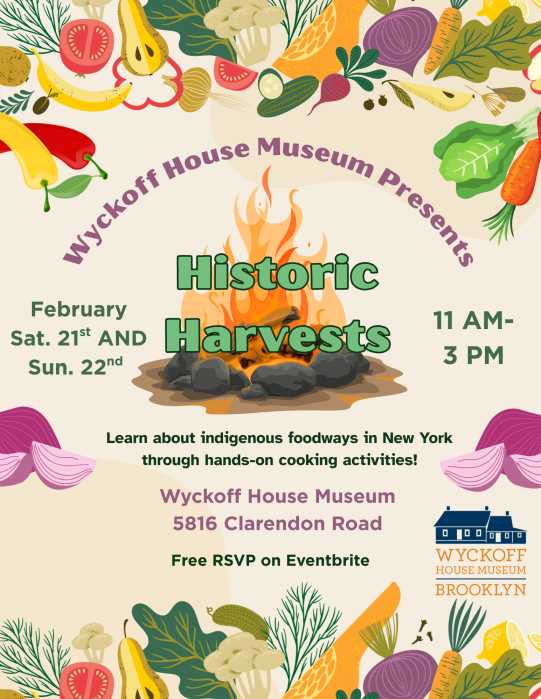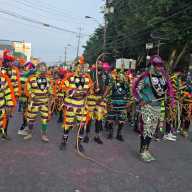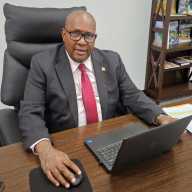The mission of the Jamaican Museum and Cultural Center (JMCC) is to investigate, compile, and document Jamaica’s history from its genesis through its struggles.
On Sunday, August 24, 2025, in the vibrant city of Atlanta, Georgia, the JMCC took its mission to another milestone and spearheaded a fundraising campaign aimed at establishing a permanent museum dedicated to Jamaica’s history and culture.
“A historic initiative to lay the foundation for this cultural landmark in the Diaspora,” as stated in the organization’s promotional material.
The members of the organization and its president, Dr. Apollone Reid, said the hope is to raise US$5 million within a three-year span, beginning with a “bricks campaign” that will run for five months. The goal is to complete the construction of the museum within 18 months once the fundraising is secured by the organization. “History is in the making,” Dr. Reid noted, asking everyone to become a part of the movement.
“The museum will display Jamaica from its genesis – artifacts from the Arawak Indians slavery, the maroons, changing currency, the slave rebellion, our national heroes, painting of our great archives in music, politics, beauty queens, entertainers, memorabilia from 1962 independence, athletes and political figures who have changed or impacted the world,” Dr. Apollone Reid told reporters.
As they push towards a physical location, the organization currently operates an interactive website (www.jmccatlanta.com) that educate visitors about Jamaica’s history and culture.
The online collection features works and artifacts from prominent Jamaican creatives, including Atlanta-based sculptor, Basil Watson, painter Bernard Hoyes and artist /designer Tamara Gammon.
Bricks campaign is a popular fundraising tool in the United States donor purchase engraved bricks – bearing names, messages, or dedications which are then permanently displayed in a designated area of the facility.
Jamaica Museum and Cultural Center leaders hope the campaign will draw support from the Jamaican diaspora as well as wider Caribbean and American communities in Atlanta and beyond.
If successful, the project would create the first major museum of its kind in the southeastern United States offering a permanent space to highlight cultural legacy.


